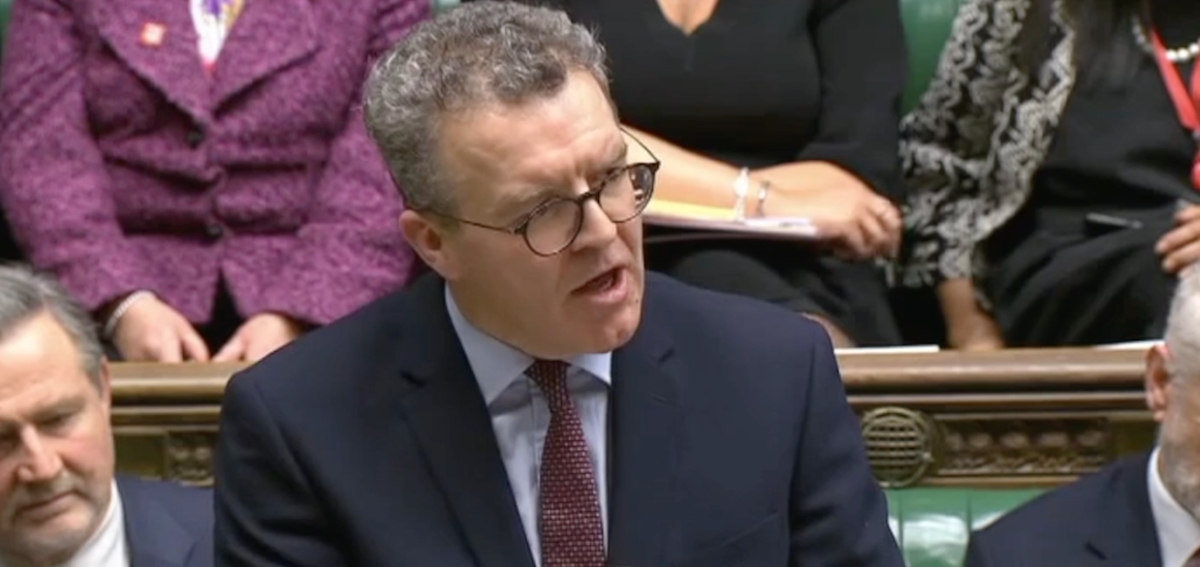State watchdog should have power to fine and break up tech giants for failures – Labour
- Wednesday, February 6th, 2019
- Share this article:
 The UK Labour party wants to introduce a standalone internet regulator with the power to hand out fines and even break up monopolies in order to punish companies that fail in their duty of care to young users and to prevent abuses of power.
The UK Labour party wants to introduce a standalone internet regulator with the power to hand out fines and even break up monopolies in order to punish companies that fail in their duty of care to young users and to prevent abuses of power.
If the party wins the next general election, it will seek to put in place duty of care-related fines – which act in a similar way to those handed out for breaches of GDPR or health and safety laws – for tech firms that fall short of protecting children and young people on their platforms.
“For the duty of care to be effective we need penalties that seriously affect companies’ bottom lines,” said Tom Watson, Labour’s deputy leader and shadow secretary of state for digital, culture, media and sport. “Leaving children vulnerable to content that is detrimental, and in some cases dangerous, to their wellbeing.
“I agree – our children need more than patchwork protection.”
In addition to prioritising the wellbeing of children online, Labour will look for its internet regulator to work to prevent market abuse from major tech firms, going as far a breaking them up. However, it’s not clear how the UK could ever wield that much power with most – if not all – of the biggest tech firms headquartered in the US and, even still, most of the companies’ European bases aren’t in the UK either.
“Today, power is consolidated by large companies merging and acquiring smaller competitors, so future competition reviews should consider whether companies are acquiring data and patents that enable monopolisation,” said Watson
“And the scale of the largest companies is rightly the subject of scrutiny. We should take seriously the calls to break them up if it is in the public interest.”
Some of the other measures which Labour says it will look to introduce include a ‘Data Bill of Rights’ to enable consumers to take more control of their personal data, making sure all online political advertisers targeting UK citizens are physically located in the UK and making the process more transparent; making automated accounts clearly labelled; and creating a legal duty to find and remove illegal content.















